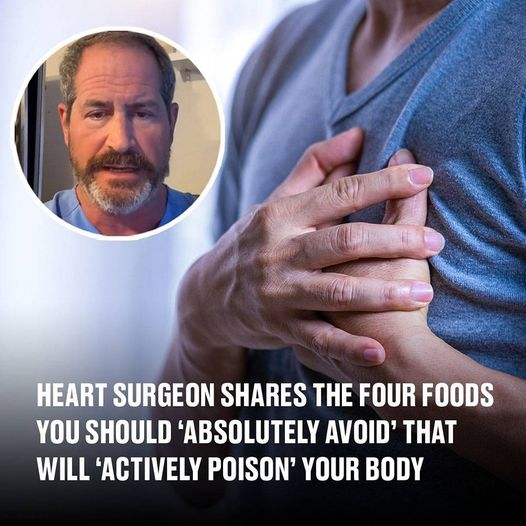
The food and beverages we consume daily have a significant role in ensuring a long and healthy life. While there are always exceptions to the rule, most people crucial from a well-balanced diet. Dr. Jeremy London, a TikTok heart surgeon, recently posted a video identifying four types of meals and drinks he feels should be avoided to preserve good health.
Fast food: Tasty but dangerous.
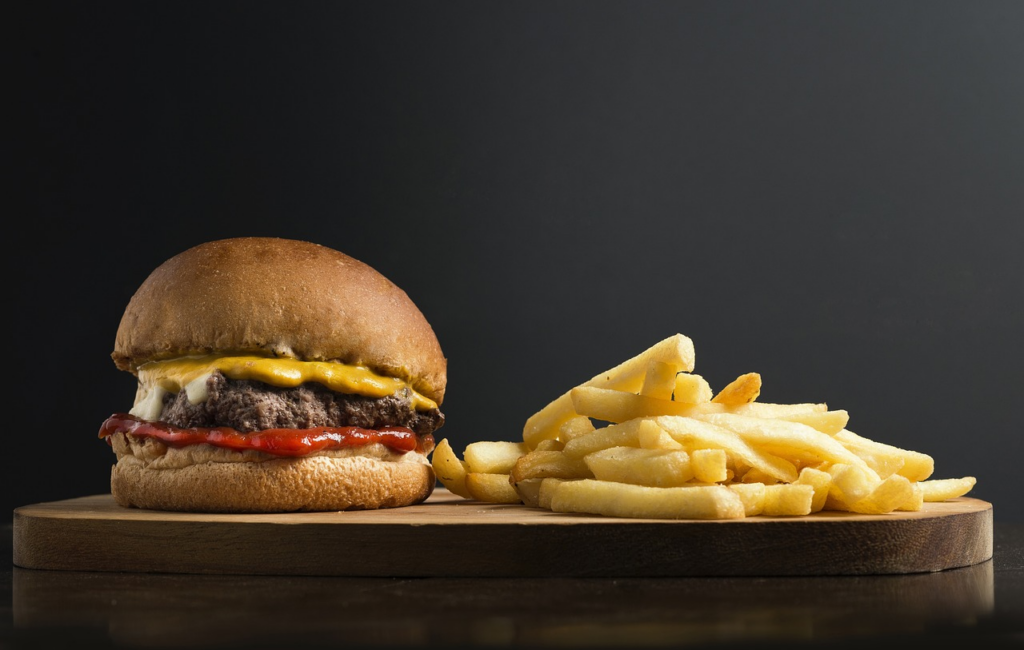
The heart surgeon’s first concern is fast food. He refers to much of the fast food available as an “edible food product,” suggesting that it lacks true nutritional value. Fast foods are renowned for being heavy in calories but deficient in vital nutrients. According to a 2017 article in the American Journal of Lifestyle Medicine, fast food is often filled with chemicals, synthetic additives, additional corn syrup, sugar, artificial sweeteners, salt, and coloring agents, all of which can be harmful to one’s health.
Soft drinks: Liquid d3ath.
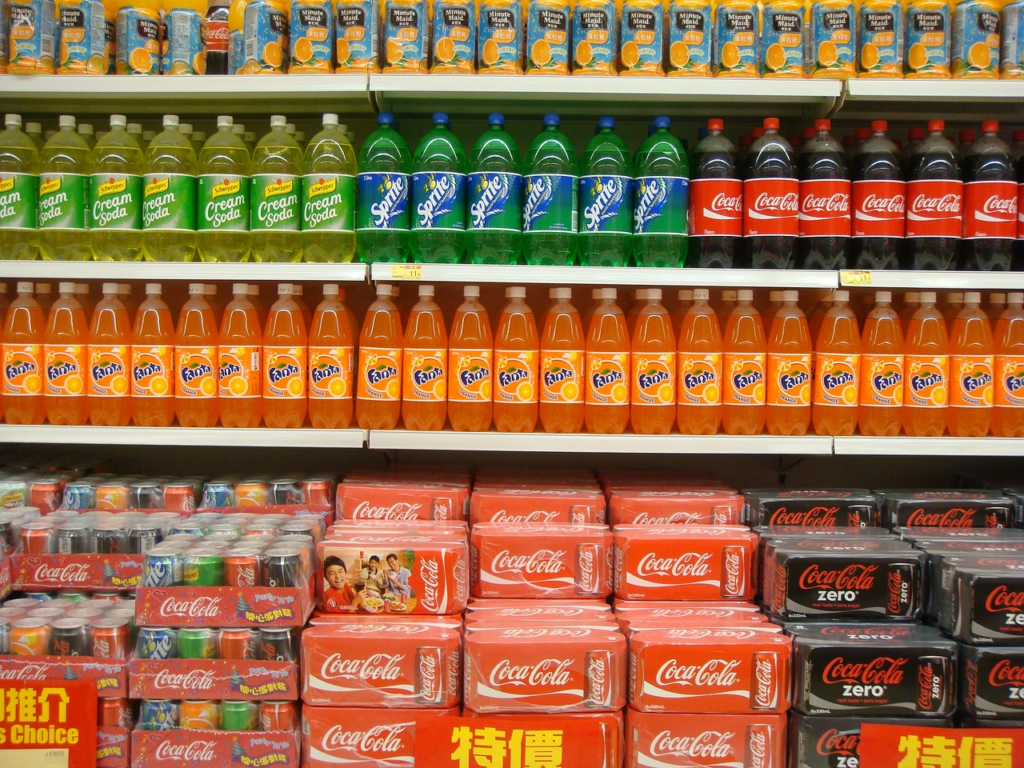
Dr. London describes both regular and diet sodas as “liquid d3ath.” The cardiac surgeon explains that soft drinks are notorious for their high sugar content, which has been linked to a variety of health problems including obesity, poor blood sugar control, and diabetes. According to UCLA Health, drinking even one soda per day greatly increases the chance of acquiring type 2 diabetes.2
Additionally, diet drinks, which are frequently touted as healthier choices, have been shown to increase hunger and affect metabolism. This can have detrimental health consequences comparable to those caused by normal drinks. As a result, avoiding soft drinks completely is recommended for keeping excellent health.
Milk products: Not as healthy as you think.
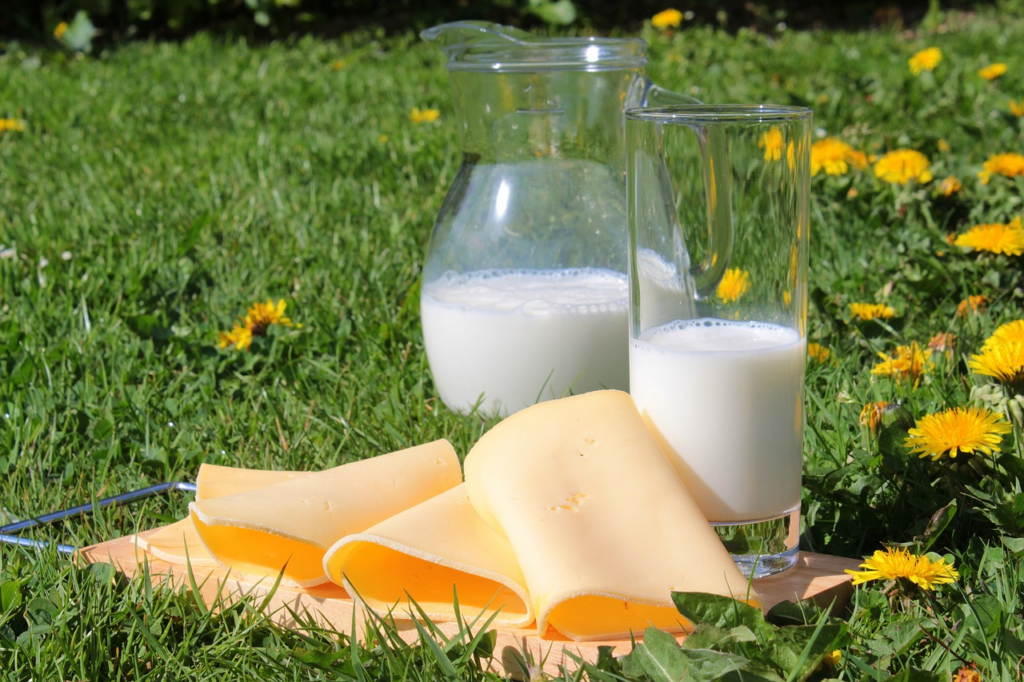
The use of milk and dairy products is another sensitive topic. According to Dr. London, humans are the only mammals that ingest milk after infancy, and this includes milk from other species. The Physicians Committee for Responsible Medicine states that dairy products are a key source of saturated fat in the American diet, which contributes to heart disease, type 2 diabetes, and Alzheimer’s disease.
While some studies suggest that fat-free or low-fat dairy may be helpful due to its nutrient content, further research is required to completely understand dairy’s effects on health. The heart surgeon believes that limiting or avoiding dairy products entirely is the safest way.
Alcohol: Poison for the body.
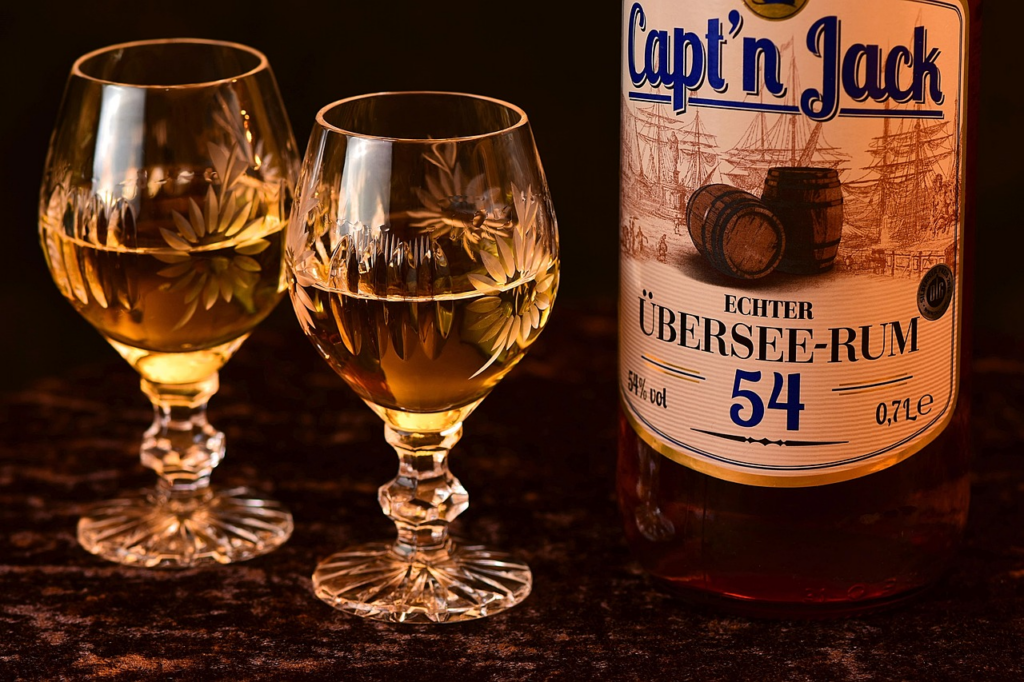
Finally, Dr. London addressed alcohol drinking, describing it as “absolutely to:xic to every cell in our bodies.” The World Health Organization lists alcohol as a Group 1 carcinogen, alongside asbestos and tobacco. Even moderate or infrequent alcohol consumption can be detrimental, resulting in a variety of health complications. Oncology experts, including dietician Nichole Andrews and doctor Waqqas Tai, also recommend avoiding alcohol because to its potential to inflict considerable harm to the body. The agreement among health professionals is that the harms of alcohol usage greatly outweigh the potential benefits.
Conclusion
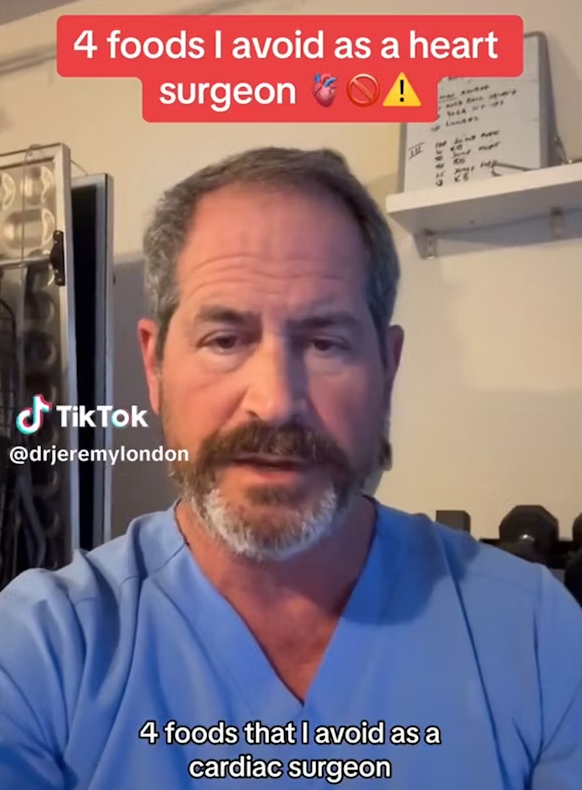
Dr. Jeremy London, a cardiac surgeon,’s advice serve as a sharp reminder of the importance of diet in sustaining heart health and well-being. While eliminating fast food, soft drinks, milk products, and alcohol from one’s diet can be difficult, it can also result in major health benefits. Instead, eating a diet high in vegetables, fruits, whole grains, and legumes, as advised by the American Heart Association, can help promote a healthier lifestyle and lower the risk of chronic diseases. Making conscious dietary choices allows us to take proactive efforts toward living a longer, healthier life free of the hazards connected with certain potentially dangerous foods and beverages.